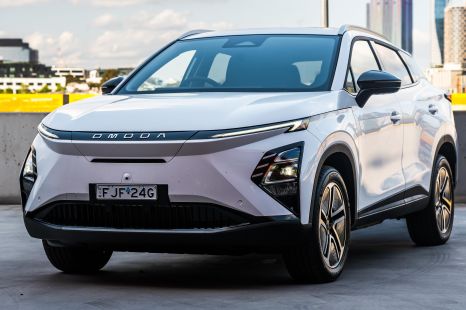

Jack Quick
4 Months Ago

Marketplace Editor
Kia Australia’s chief operating officer, Damien Meredith, reckons the brand’s new EV6 dedicated electric vehicle could be the country’s second-most popular EV if supply constraints weren’t an issue.
Speaking at the company’s annual media event at the Australian Open, Meredith said the EV6 is capable of doing six times this year’s allocation of 500 units if the local arm could have as many vehicles as it wanted.
“I think we could do 3000 [annually] quite easily, but we won’t get 3000 cars,” Mr Meredith said.
That would put the EV6 behind the Tesla Model 3, with its 12,094 deliveries for 2021.
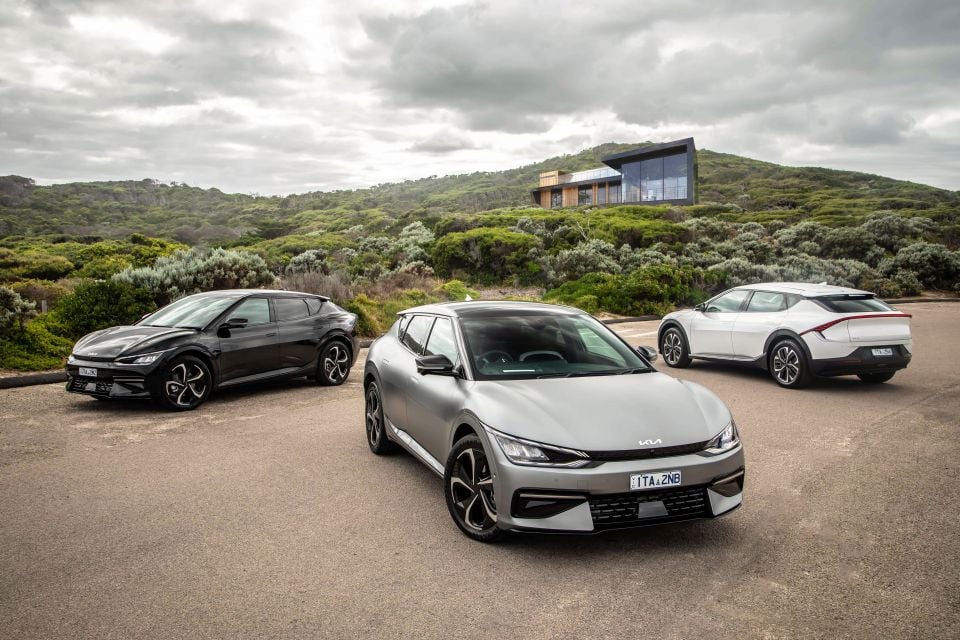
Kia’s executive team already confirmed the EV6 garnered more than 25,000 expressions of interest, while dealers had already taken around 1800 orders the month before the EV6 officially went on sale in Australia.
A yearly figure of 3000 units would make the Kia EV6 Australia’s favourite non-Tesla EV, based on 2021 sales volume.
Reported by CarExpert last month, the MG ZS EV delivered 1388 sales throughout the course of last year, making it the top-selling non-Tesla EV in Australia but well behind the recently-revealed figure of 12,094 sales achieved by the top-selling Tesla Model 3 over the same period.
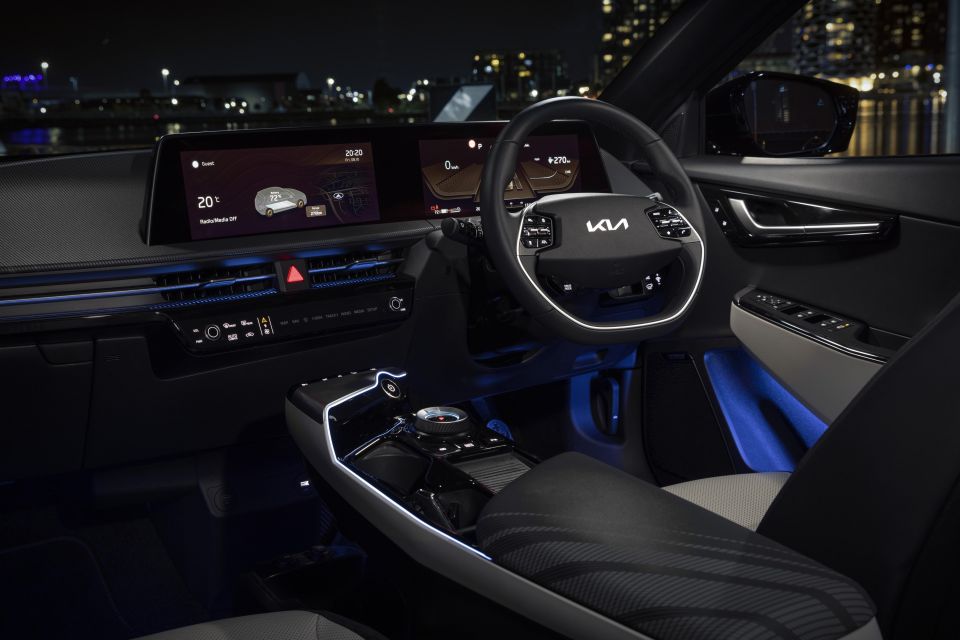
Given the record consumer interest and overflowing pre-launch order books, Kia Australia says it’s in “constant dialogue” with its global parent, in the hope it can add to its confirmed allocation of 500 units for the 2022 calendar year.
“If we can get another 100 and get to 600, we’d be doing exceptionally well,” Mr Meredith added.
We’ve heard similar comments from sister brand Hyundai with its related Ioniq 5. Product development manager, Tim Rodgers, recently told CarExpert “every single one [Hyundai Australia is] getting is being sold,” with the initial allocation limited to around 240 vehicles – down from the 400 examples initially promised for the late stages of 2021.
Both Hyundai and Kia build Australian-spec Ioniq 5 and EV6 vehicles in Korea for the globe, with markets like Europe and North America getting priority due to their higher volumes and emissions regulations – which in the case of Europe requires manufacturers to meet strict average emissions caps or risk hefty fines.
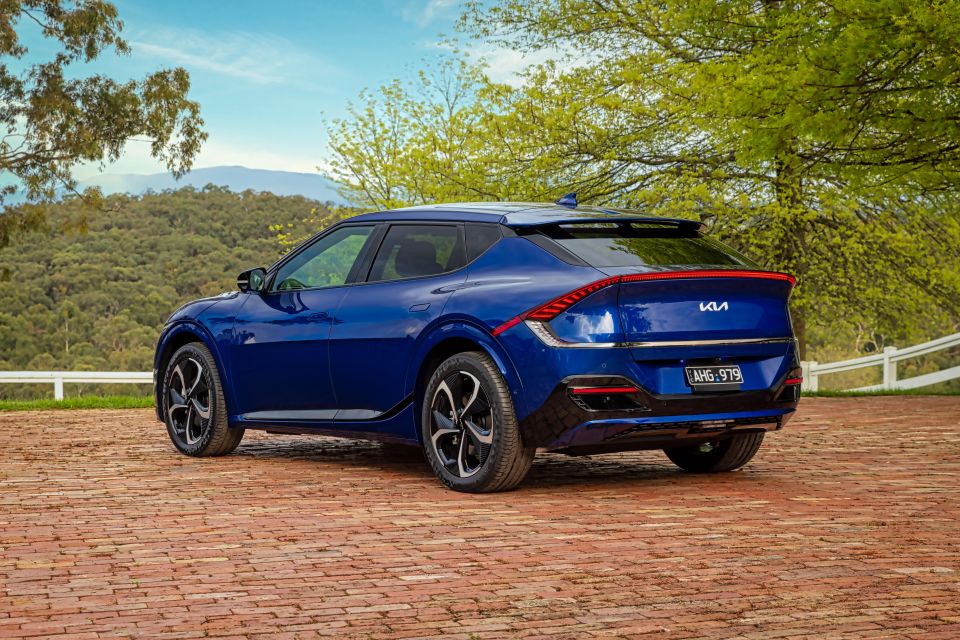
VFCTS reported a 191.1 per cent increase in electric vehicle sales (5149 units), which doesn’t include Tesla’s figures as the American EV specialist doesn’t report its figures to the FCAI.
Electrified vehicle sales overall are on the march up, with hybrids up 20.3 per cent to 70,466 sales in 2021 largely thanks to Toyota’s popular hybrid range, while plug-in hybrids (PHEVs) were up 99.4 per cent to (3372 units).
It’s likely those figures will continue to grow, as well as overall market share, as more and more manufacturers bring electrified models to the Australian market.
For a look at all the new electric vehicles (EVs) bound for Australia, check out our launch calendar here.

MORE: Everything Kia EV6
Take advantage of Australia's BIGGEST new car website to find a great deal on a Kia EV6.
James is an automotive journalist based in Melbourne, Australia. Before joining CarExpert.com.au in 2020, James has worked at leading auto media outlets including Carsales and CarAdvice, as well as at Pulse agency for Ford Australia's communications team. In 2019 James made Mumbrella's 'Top 20 most prolific web authors in Australia' list after publishing 1,360 articles between March 1, 2018 and February 28, 2019 for CarAdvice. James is also an Ambassador for Drive Against Depression – an Australian charity whose mission is to support mental wellness through the freedom of driving and a shared love of cars.


Jack Quick
4 Months Ago
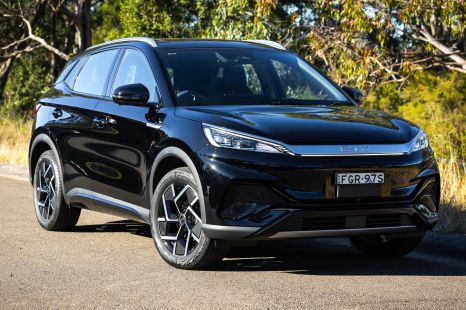

Matt Campbell
4 Months Ago
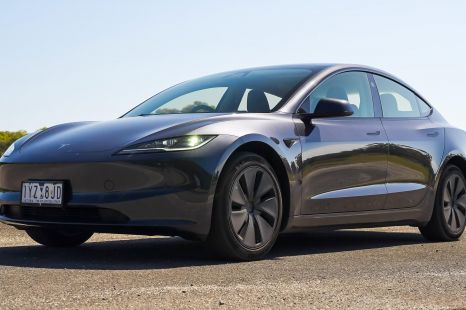

Scott Collie
2 Months Ago
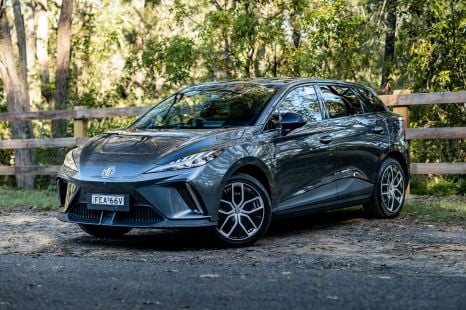

Matt Campbell
2 Months Ago
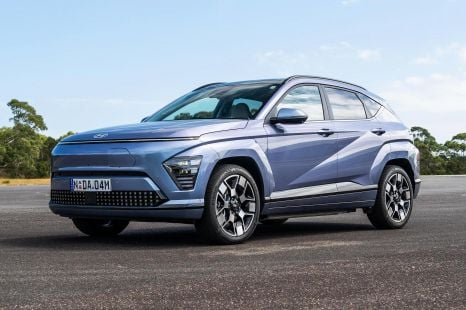

Scott Collie
1 Month Ago
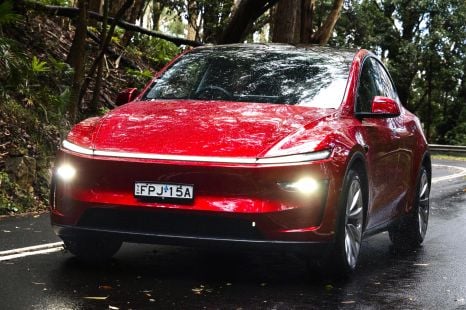

Max Davies
24 Days Ago